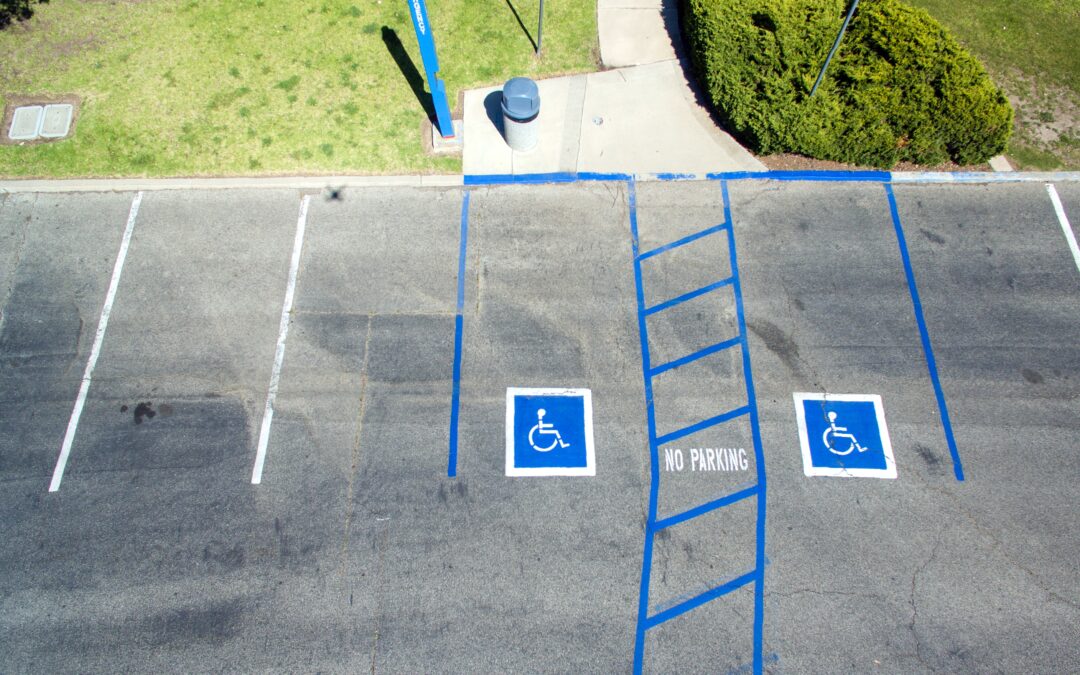Introduction: Building accessibility is a fundamental aspect of creating inclusive communities and ensuring equal opportunities for everyone. In this blog post, we will explore the significance of building accessibility and why it should be a top priority in construction projects. From the social and ethical implications to legal requirements and business benefits, we’ll delve into the compelling reasons why designing and constructing accessible buildings is essential for a more inclusive society.
- Equal Access and Inclusion: Building accessibility ensures that individuals of all abilities can navigate and utilize public spaces without barriers. It promotes equal access to education, employment, healthcare, recreation, and social activities. By designing with inclusivity in mind, we create environments where individuals with mobility challenges, visual or hearing impairments, or other disabilities can participate fully in society, fostering a sense of belonging and reducing social exclusion.
- Legal Obligations and Compliance: Numerous countries have implemented legislation mandating building accessibility. These laws protect the rights of individuals with disabilities and ensure that public spaces, including commercial buildings, meet specific accessibility standards. Compliance with accessibility codes and regulations not only avoids legal issues and penalties but also demonstrates a commitment to inclusivity and respect for human rights.
- Universal Design Benefits Everyone: Incorporating accessibility features benefits not only individuals with disabilities but also the general population. Universal design principles, which focus on creating spaces that can be used by as many people as possible, enhance user experience for everyone. Features like ramps, wide doorways, tactile signage, and properly designed restroom facilities offer convenience, comfort, and safety to people of all ages and abilities, including parents with strollers, seniors, and those temporarily using mobility aids.
- Business Advantages: From a business perspective, building accessibility can bring a range of benefits. Accessible spaces attract a larger customer base, as they cater to individuals with disabilities, older adults, and families with diverse needs. Additionally, it improves employee satisfaction and productivity when workplaces are designed to accommodate different abilities. By prioritizing accessibility, businesses demonstrate their commitment to diversity and inclusion, enhancing their reputation and market competitiveness.
- Aging Population and Future-Proofing: As the global population continues to age, the need for accessible buildings becomes even more critical. By incorporating universal design and accessibility features during construction, we future-proof our buildings to accommodate the changing needs of an aging population. This proactive approach reduces the need for costly retrofits in the future and ensures longevity and adaptability of the built environment.
- Social Responsibility and Ethical Imperative: Promoting building accessibility aligns with our social responsibility to create a more inclusive and equitable society. It is an ethical imperative to remove barriers that limit individuals’ participation and access to essential services. By championing accessibility, we foster a culture of empathy, respect, and dignity, acknowledging the rights and worth of every individual in our communities.
Conclusion: Building accessibility is not just a matter of convenience or compliance; it is an essential aspect of creating inclusive spaces that honor the rights and needs of all individuals. By embracing accessibility in construction projects, we contribute to a more equitable and inclusive society, where everyone has equal opportunities to thrive. Let’s make building accessibility a priority, one that reflects our shared commitment to respect, dignity, and social progress.

